#Jong-hwan Choi
Photo
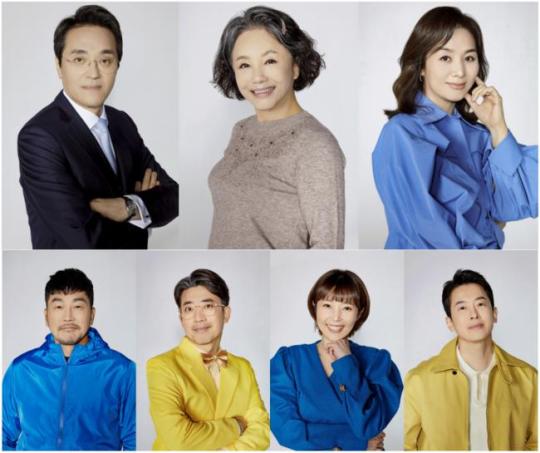
Song Chae-Hwan 9 years ⁇ Yun-seong Lee 12 years comeback, ⁇ Gold! Jade!
#Yun-seong Lee#Kim Si-eun#Song Chae-Hwan#Seo Jun-young#Yun Da-yeong#Jong-hwan Choi#Kim Yeong-ho#Mount Kumgang#Zhang Mo#Hongdo
0 notes
Text
Solo Leveling men + Flowers


Choi Jong-in / Red Rose
meaning: love, passion, pride, beauty, & victory.
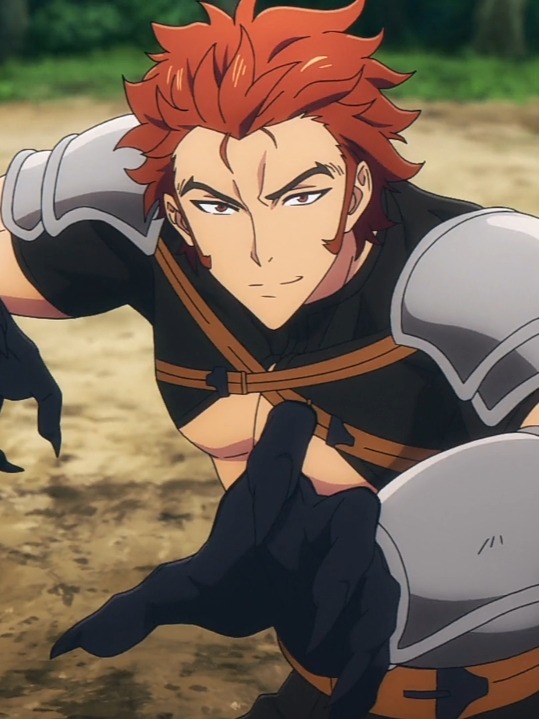

Baek Yoon-ho / Tiger Lily
meaning: courage, strength, confidence, wealth, & prosperity.


Yoo Jin-ho / Sunflower
meaning: loyalty, happiness, positivity, & admiration.
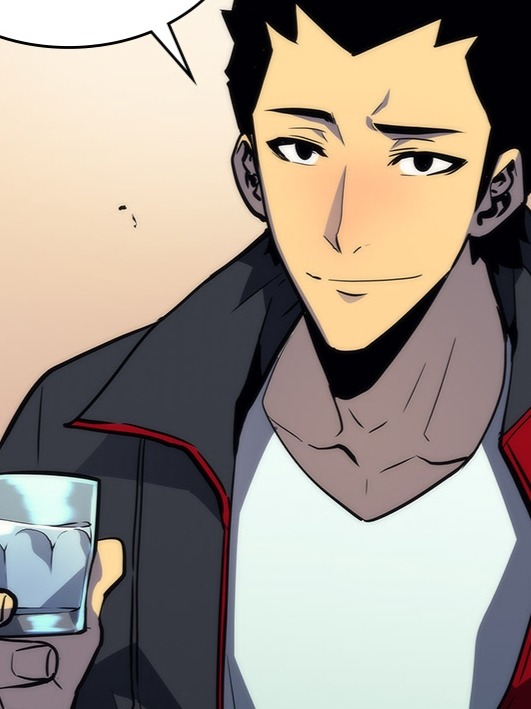

Min Byung-gyu / Dandelion
meaning: hope, healing, resilience, innocence, & transformation.
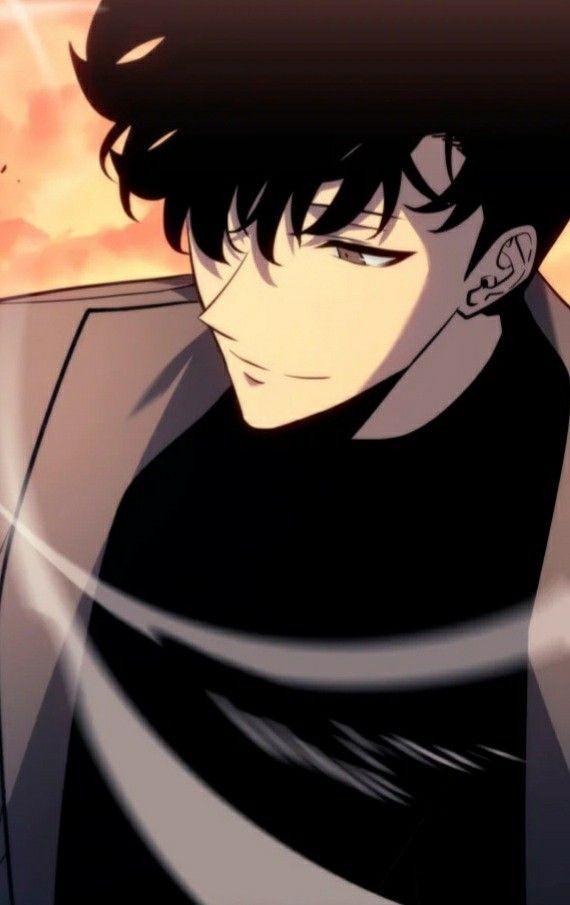
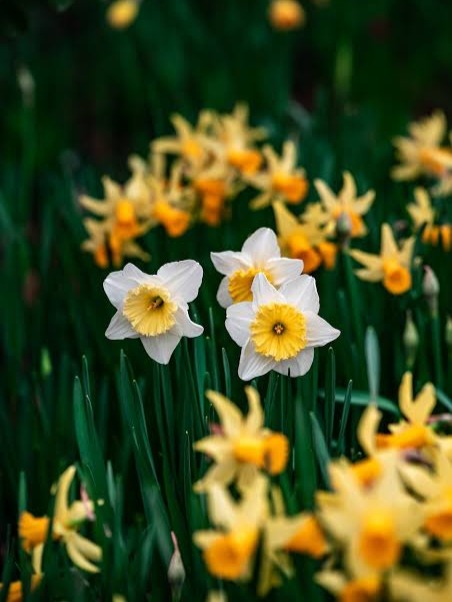
Sung Jin-woo / Daffodil
meaning: rebirth, new beginnings, hope, joy, and good luck.
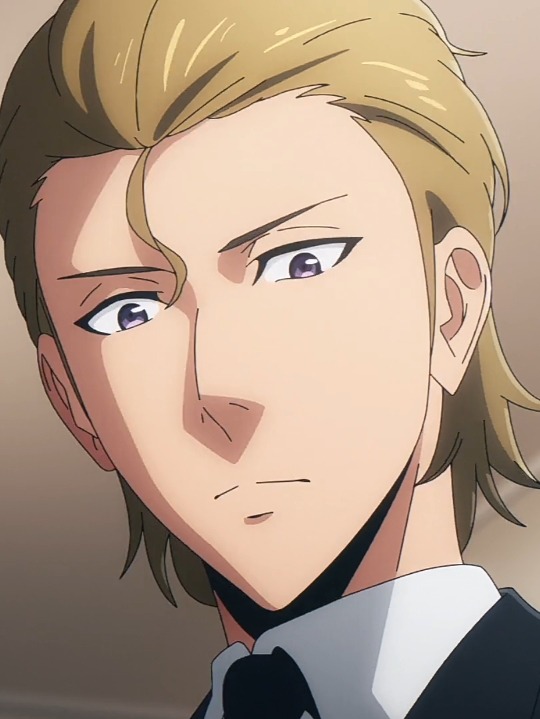

Woo Jin-chul / Hydrangea
meaning: perseverance, determination, gratitude, grace, & beauty.
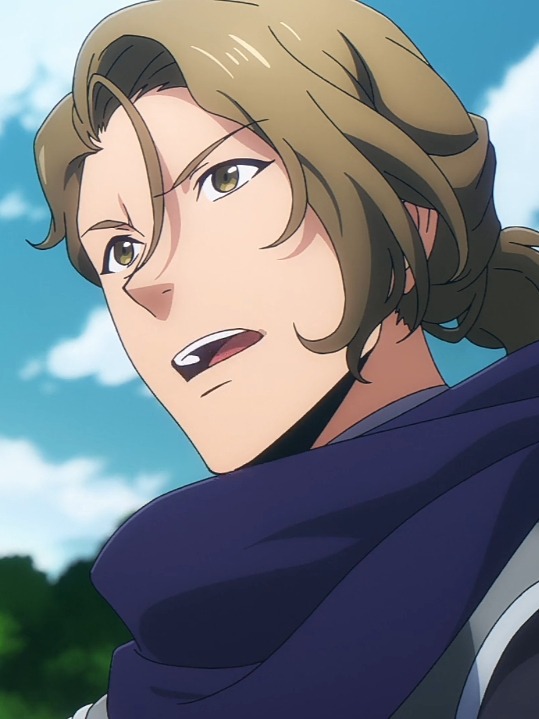

Eun-seok / Delphinium
meaning: big hearted, dignity, grace, cheerfulness, & goodwill
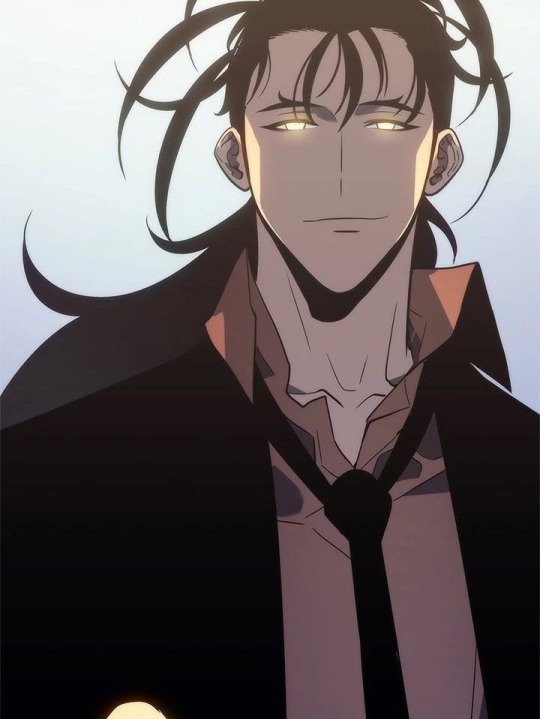

Liu Zhigang / Gladiolus
meaning: strength, faithfulness, moral integrity, remembrance, & endurance.
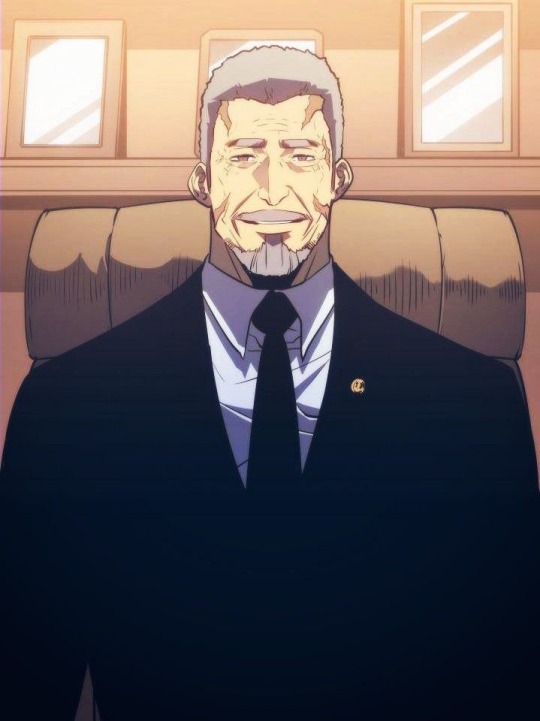

Go Gun-hee / Poppy
meaning: sacrifice, remembrance, endurance, & peace.

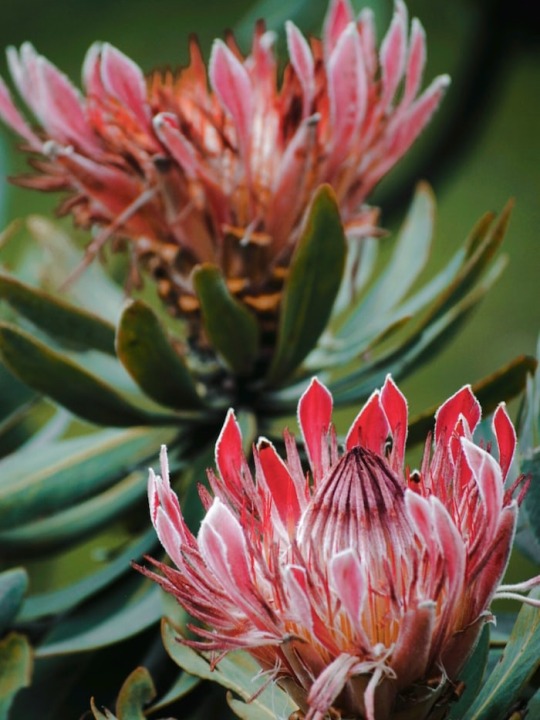
Sung Il-hwan / Protea
meaning: strength, courage, resilience, encouragement, & power.
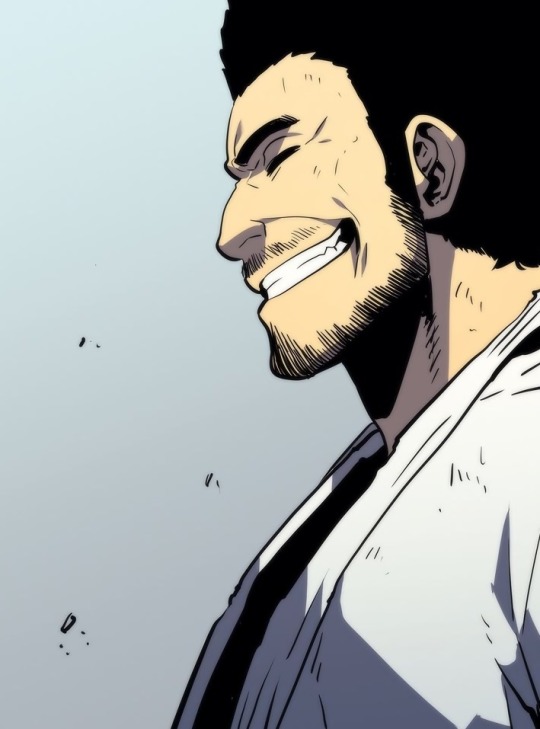
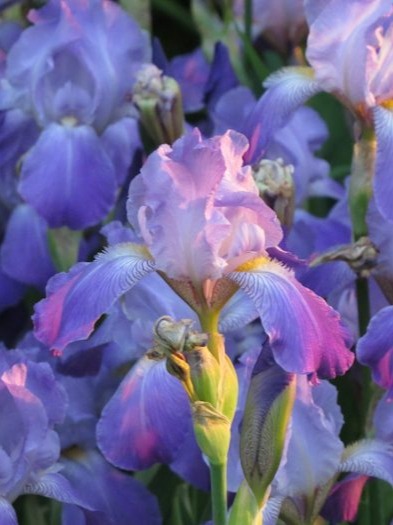
Ma Dong-wook / Iris
meaning: hope, wisdom, trust, & valour


Lennart Niemann / Mayflower
meaning: hope, fertility, new beginnings, & boundaries/protection.


Thomas Andre / Alstroemeria
meaning: friendship, love, strength & devotion.
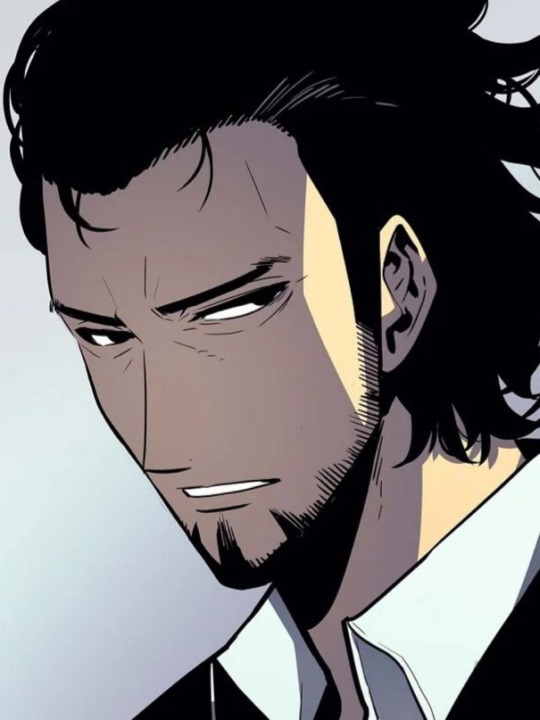

Goto Ryuji / Purple Clematis
meaning: royalty, power, & luxury.
#have i mentioned that i have a thing for flower symbolism?#tried to make some of them accurate as possible haha!#tbh i had the hardest time with thomas goto lennart#solo leveling#choi jong in#baek yoon ho#yoo jin ho#min byung gyu#sung jin woo#woo jin chul#sl eunseok#liu zhigang#go gun hee#sung il hwan#ma dong wook#lennart niermann#thomas andre#goto ryuji
169 notes
·
View notes
Text
My Top Solo Leveling Ships
Wanted to talk a little about them, so I'll just list three main reasons why I like them otherwise this post will be endless. There are a lot of other ships I like, but these are the main ones
It's a little unhinged, but that shouldn't be new
1. ChoiBaek
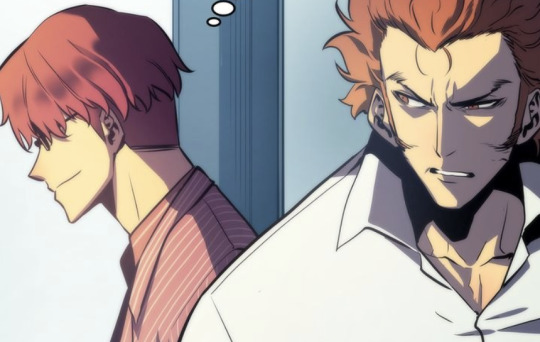
This shouldn't be a surprise
They are aware of the other's intentions without needing to tell each other. They both read other people and each other very well. The only reason they don't get along is because when both of them want the same thing (recruiting Sung Jin-Woo, a gate in the area, etc), they are both very willing to fight for what they want and use their perceptiveness to their advantage. One of them doesn't mind having his thoughts being known while the other minds a lot
They both want their guild become stronger but not at the expense of their members. They have the same morals, but the actions they take because of their morals are different. Baek Yoon-Ho wants to make his guild stronger by focusing on what his members need as individuals (paying them more, training new recruits with stronger and more experienced members, etc). Choi Jong-In wants to make his guild stronger by focusing on improving how the teams work together (hunting in a orderly way to minimize injuries as much as possible, taking a leadership role to make sure none of the members are falling behind, making sure the teams are adequately prepared, etc). Both of them care a lot about other people, though they don’t make it obvious to others
Both know the other is strong (Choi Jong-In defends Baek Yoon-Ho when Sung Jin-Woo thinks Yoon-Ho is struggling during the Jeju sparring match while Baek Yoon-Ho is aware of Choi Jong-In's strength during the Jeju Raid) but tend to underestimate themselves (Baek Yoon-Ho believing he wouldn't have been able to win against the Japanese S-Ranks when he held out for a while on his own against two of them, and Choi Jong-In seeing his title as "a joke" after comparing himself to Sung Jin-Woo when he always has to limit how much of his powers he actually uses because of the people around him or the environment he is in)
This got long anyways... sorry. The others are shorter
2. SungPark
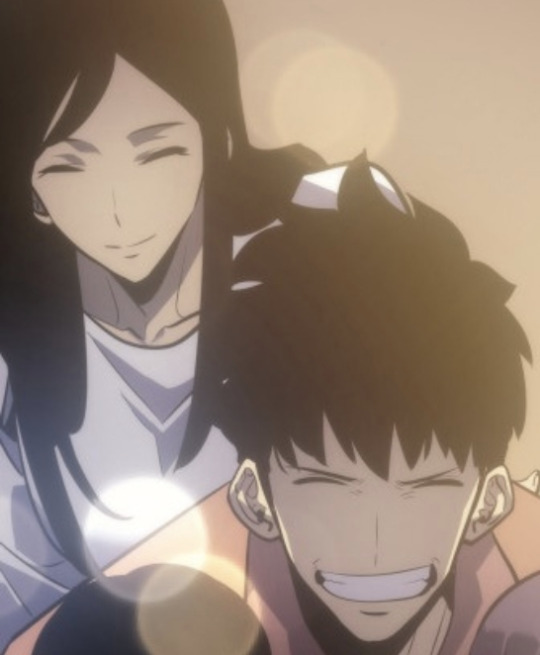
I wanted to see them more than the main couple
They are both selfless to the point where they make sure others are alright before taking care of themselves
They both want their family to be safe and happy and make taking care of their children their priority. Park Kyung-Hye tells her son it's okay for him to be a hunter, even though it's the reason why Sung Il-Hwan is gone, and she understands that it's something both her husband and son feel like they need to do
The way Kyung-Hye kept waiting for her husband to return home and knew the exact moment when he wouldn't be coming back Ripped my heart to SHREDS-
They were so in love laskdjfasdlf
3. MinLee
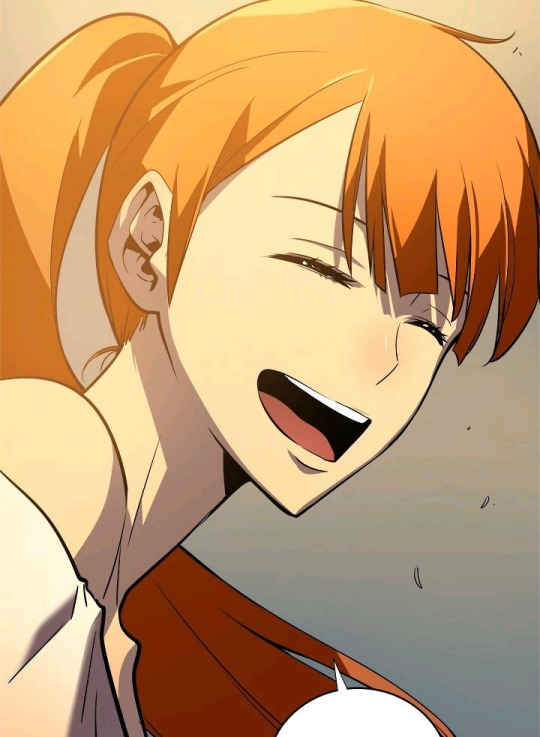
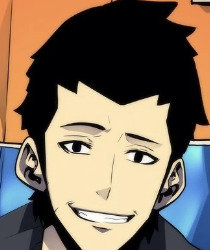
AKA younger!SungPark
Both of them have similar trauma, so they're able to help each other, especially since they're both retired
Even they have trauma, they have put their fears aside to help people more. Both participate in the last Jeju raid despite Min Byung-Gyu being traumatized from the last one and Lee Ju-Hee being traumatized from her previous raids
The way Lee Ju-Hee hardly showed up after she told Sung Jin-Woo she was retiring and Min Byung-Gyu barely being mentioned besides his trip to Japan before the Jeju Raid? There's so much potential for them to actually meet-
I see them as the "bunny couple"
4. ChulWoo

This was actually one of the first ships I really got into
The way Woo Jin-Chul knew Sung Jin-Woo from the beginning and was watching Sung Jin-Woo get stronger without realizing it at first
The way Woo Jin-Chul looked at Sung Jin-Woo in the new timeline when he remembered the previous timeline-
Honestly, in my opinion, Sung Jin-Woo had more potential with Woo Jin-Chul than Cha Hae-in. Like, Sung Jin-Woo avenging Go Gun-Hee not just for his sake but for Woo Jin-Chul? Sung Jin-Woo actually trying to not give Jin-Chul a headache but failing? I love their dynamic
5. HeeSeok
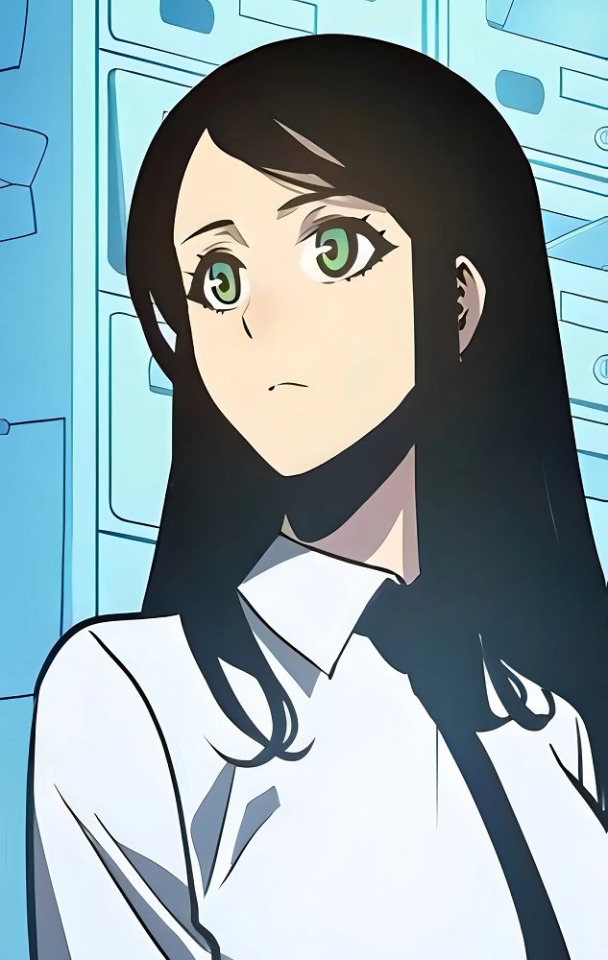

This is probably the most cracked ship out of these, but it's cute
Both of them have a caring, almost parent-like nature (Park Hee-Jin looking after Han Song-Yi during the Red Gate and Eun-Seok looking after and warning Min Byung-Gyu during the third Jeju Raid)
It's actually possible for them to have known each other despite it not being stated in canon (Eun-Seok was a member of the Fiend Guild, and Park Hee-Jin could have been a member of the Fiend Guild as well before leaving for White Tiger. The game might change this part about Park Hee-Jin, but I'll stick with it for now)
The way Eun-Seok wears a scarf with his hunter's outfit, and then Park Hee-Jin gets stuck in a frost Red Gate? And Park Hee-Jin looks somewhat okay despite it being cold, so it seems like both are fine in cold environments
Actually, in my monarch/ruler AU, Frost Monarch!Eun-Seok could be the reason Park Hee-Jin gets stuck there in that Red Gate...hmm
Feel free to ask for more of my thoughts and talk about your own below
#solo leveling#solo leveling ships#baek yoon ho#choi jong in#choibaek#sung il hwan#park kyung hye#sungpark#min byung gyu#lee ju hee#minlee#woo jin chul#sung jin woo#chulwoo#park heejin#sl eunseok#heeseok
70 notes
·
View notes
Text
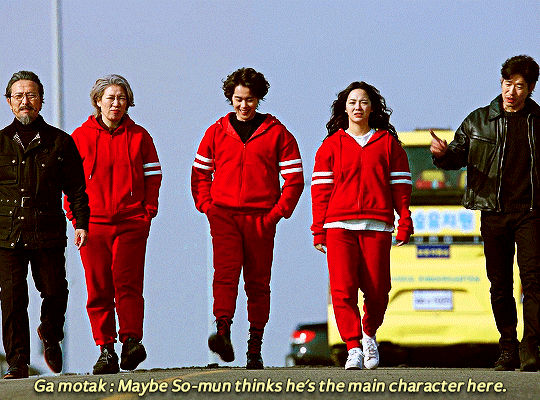



" Are you ever going to show up on time? "
[S02.E01] THE UNCANNY COUNTER (2023)
#the uncanny counter 2#the uncanny counter 2 : counter punch#kdrama#kim se jong#cho byeong kyu#the uncanny counter#kdramaedit#dailynetflix#kdramagifs#userdramas#dailyasiandramas#yoon joon sang#yeom hye ran#ahn suk hwan#so mun#ga mo tak#do ha na#chu mae ok#choi jang myeol#i missed my counter family#kdramasource#*tucedit#netflixkr#netflix
337 notes
·
View notes
Text
Kiss ideas from different ships:
Jinhae already have a first kiss in Canon, twice, although I'm still gonna include another one here. On new years Jin-Woo tends to give a sweet kiss while promising to make another year even better than the last.
Chulwoo first kiss would be Jin-Woo initiating it by pampering a few kisses everywhere and nuzzling him, which is something that Jin-Chul got used to as the other gradually became more and more intimate with him, until all the sudden Jin-Woo asks if he can his him on the lips and it takes the other by surprise before saying yes.
ChoiBaek happens during a fighting scene, rain and all as they curse each other out before Baek decides to just 'fuck it!' And initiates the passionate kiss.
Jinho asks a million times if it's okay to kiss her before Jinah gets tired of him and initates it.
Ms park decides to visit Il Hwan once at his job, with a present, she decides to confess to him and places a kiss on his cheek before the other blinks and kisses her on her mouth.
Thomas kisses an angry Lennart that is too cute, he then wants to keep kissing him because a flustered Lennart is even cuter.
Ashborn simply kissed the scale of a sleepy Antares in this dragon form. It's as much affection as they give each other and as much as they need. Antares does like to nuzzle around human Ashborn though, that's his form of kissing.
Indirect kissing everytime Reiji drinks from Goto's cup of coffee. Both notice and don't say nothing about it. Goto is very half flustered and half irritated by it though since Reiji always does it. (And if anyone were to actually initiate a kiss on the lips they would find themselves in a love hotel the next day—)
Shimizu only needs to push enough of her buttons before Kanae suddenly grabs her cheeks and kisses her roughly.
Beru bites Igris' red mane and Bellion's wings when he feels overwhelmed with love. It's not kissing but it's the closest he is going to get to being nice
#solo leveling#sung jin woo#cha hae in#woo jin chul#chulwoo#jinhae#sung jin woo x woo jin chul#sung jin woo x cha hae in#choibaek#firetiger lmao#choi jong in x baek yoon ho#choi jong in#baek yoon ho#yoo jin ho#sung jin ah#sleepyflame#park kyung hye#sung ill hwan#thomas andre#lennart niermann#thomas/lennart#ashes#ashborn/antares#sl antares#sl ashborn#goto ryuji#Reiji sugimoto#shimizu akari#kanae tawata#Beru & Igris & Bellion
81 notes
·
View notes
Text
Chemistry between actors was amazing, but the storyline tho... in KDrama
Kang Sora as Oh Hara and Jung Seungjo as Goo Eun Beom in Strangers Again: the story ruined everything
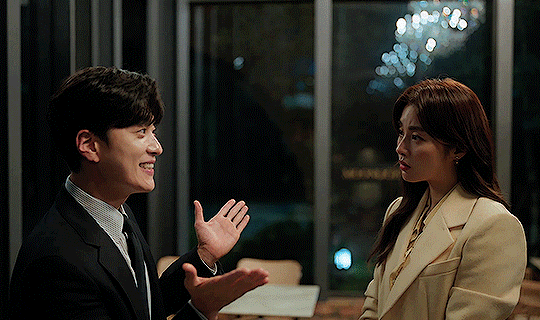
Lee Jaewook as Baek Kyung and Kim Hye Yoon as Eun Dan Oh in Extraordinary You:only if Baek Kyung wasn't written as a red flag by the manhwa writer

Jeon Doyeon as Gil Bok Soon and Koo Kyo hwan as Han Hee Seong in Kill Bok Soon: the storyline was good for a crime thriller but unfortunate for them

Moon Sangmin as Lee Jihan and Jeon Jong Seo as Na Ah Jung in Wedding Impossible :they get happy ending but the storyline was messy imo

Lee Jaewook as Han Tae Oh and Choi Hee Jin as Kang Hee Joo in The Impossible Heir : yall know why. Everything in this drama was messed up except the chemistry between these two actors
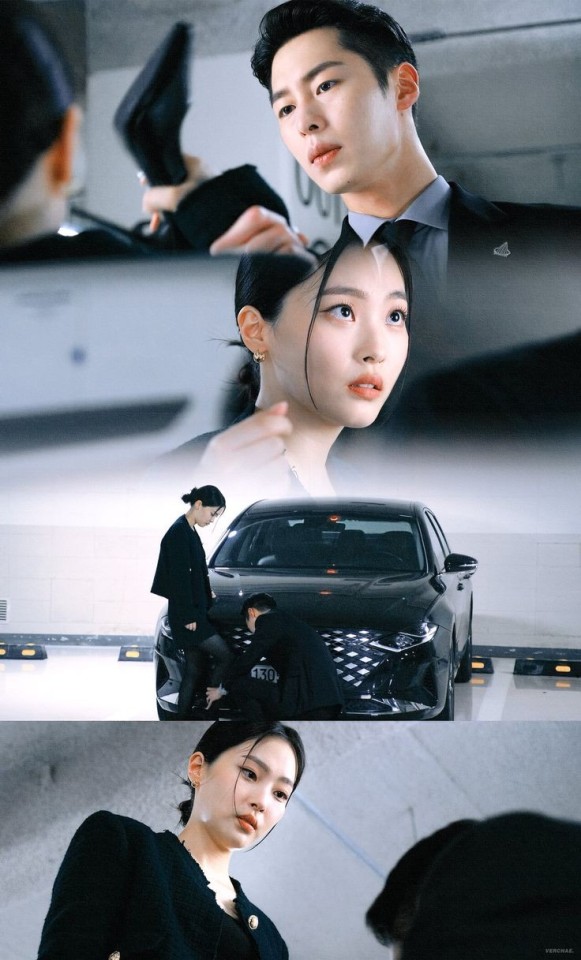
Ki Do Hoon as Yangcha and Kim Ji Won as Tanya in Arthdal Chronicles: basically Kim Ji Won has chemistry with everyone she acts alongside

Lee Jae In as Lee Yoon Seo and Cha Woo Min as Ko Kyung Jun in Night Has Come: honestly I didn't even consider them before I saw all those edits on YT
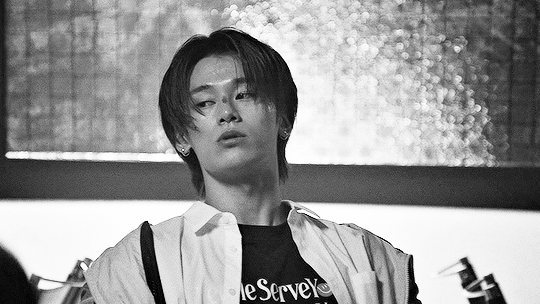
Go Youn Jung as Jung Jisoo and Seo In Guk as Kim Seong Hyeop in Death's Game: even the smallest moments between them was enough to establish how beautiful chemistry they had

Lee Dohyun as Go Chang Myung and IU as Jang Man Wol in Hotel Del Luna: one of the best pairings in a KDrama to exist
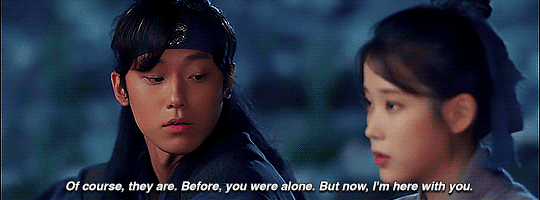
#kdramas#strangers again#kang sora#extraordinary you#lee jae wook#kim hyeyoon#kill boksoon#jeon do yeon#koo kyo hwan#moon sangmin#jeon jong seo#wedding impossible#choi hee jin#the impossible heir#arthdal chronicles#kim jiwon#night has come#lee jae in#cha woo min#seo in guk#go youn jung#death's game#hotel del luna#lee do hyun#lee ji eun
27 notes
·
View notes
Text
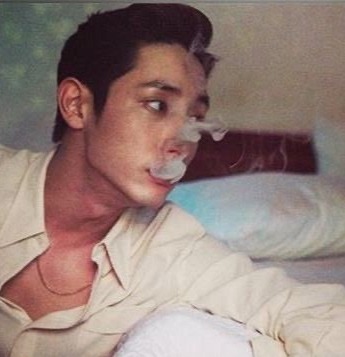


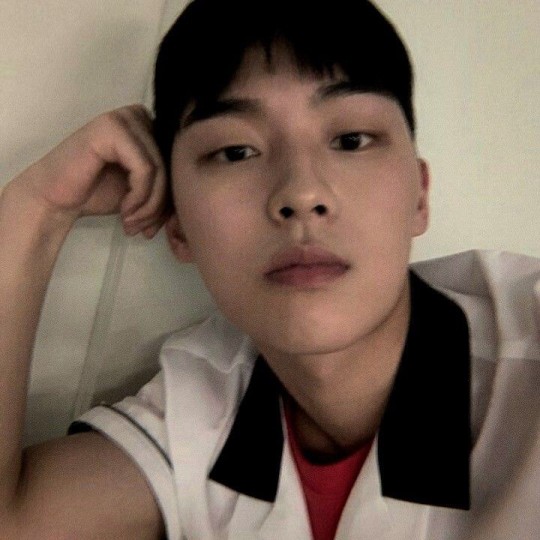

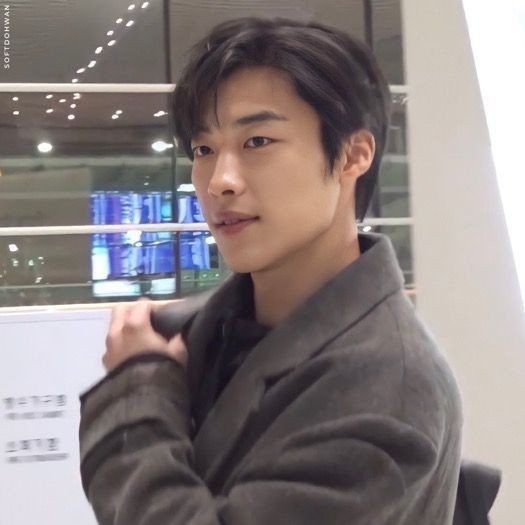
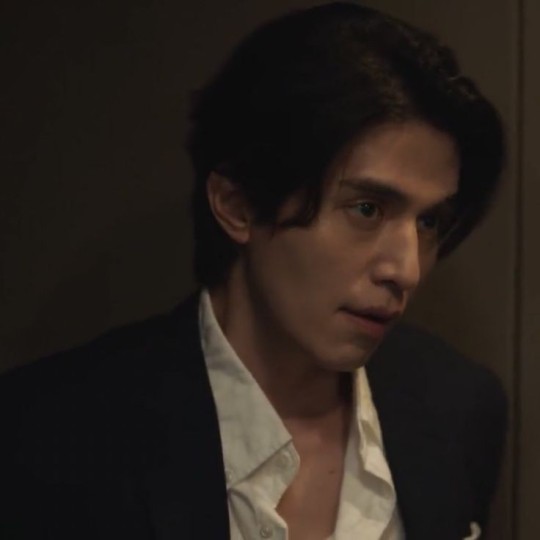
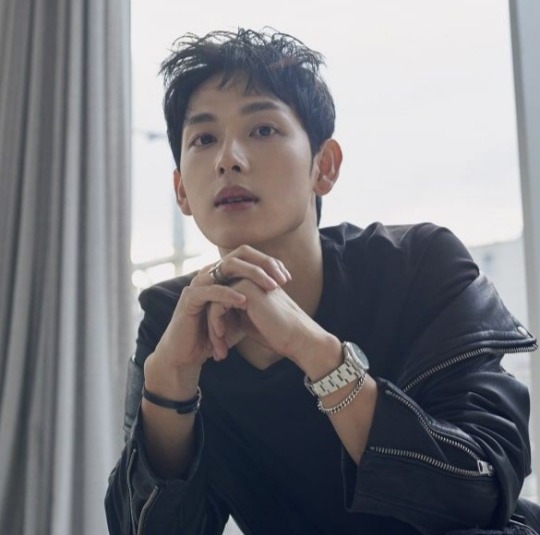
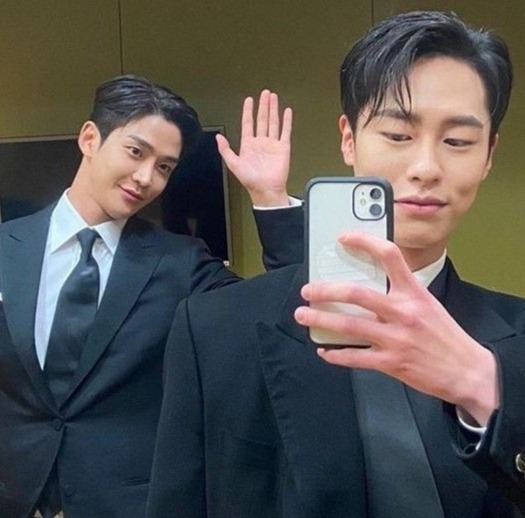
#lee soo hyuk#lee soo hyuk icons#lee jong suk#lee jong suk icons#ro woon#ro woon icons#lee jae wook#lee jae wook icons#choi hyun wook#choi hyun wook icons#park seo joon#park seo joon icons#woo do hwan#woo do hwan icons#lee dong wook#lee dong wook icons#im si wan#im si wan icons#boys aesthetic icons#boys aesthetic#boys icons#icons#aesthetic#kdrama icons#kdrama
80 notes
·
View notes
Photo
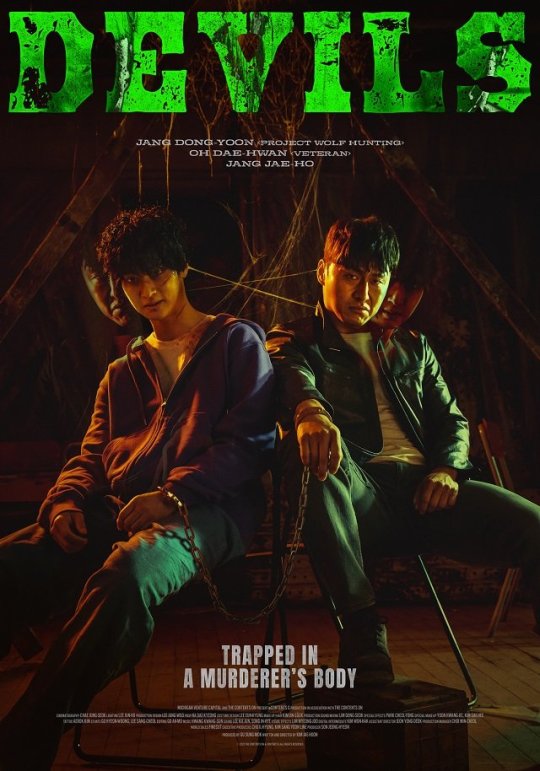
youtube
17 notes
·
View notes
Text


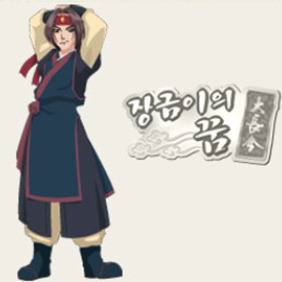

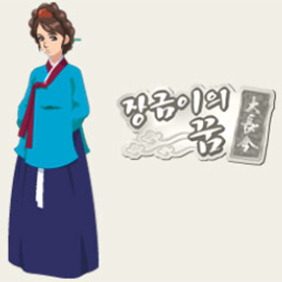




Official character introductions for season 2
#jang geums dream#jang geumun rüyası#dae jang geum#jang geum seo#jeong ho min#soo ro jang#geum yong choi#sang goong han#chang ih lee#yeon saeng lee#yeong ro yun#sang goong choi#pansul choi#king jung jong#lady sin#queen yun#hwan yun#official art#season 2
11 notes
·
View notes
Photo
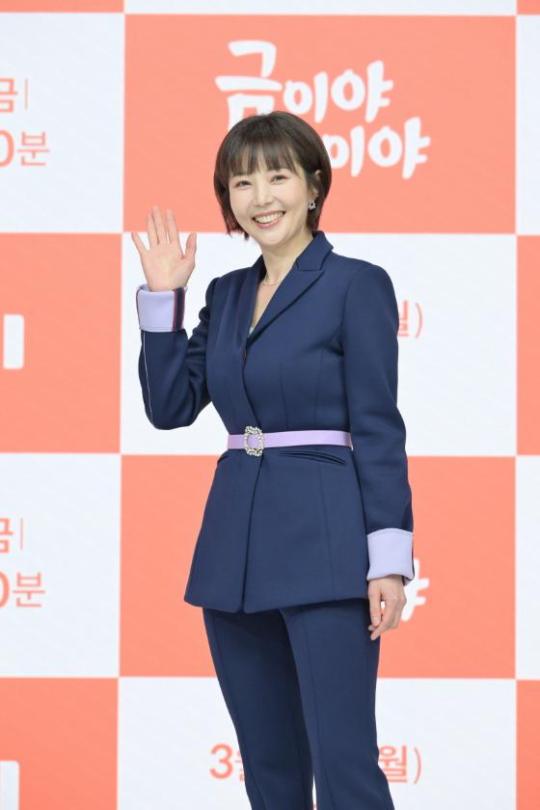
'Gold! Jade!' Yun-seong Lee "returned in 10 years..I didn't have to think"
#Mount Kumgang#Yun-seong Lee#Seo Jun-young#Director#Song Chae-Hwan#Kim Shi-hoo#Yun Da-yeong#Kim Si-eun#Jong-hwan Choi#Kim Yeong-ho#Choices
0 notes
Text

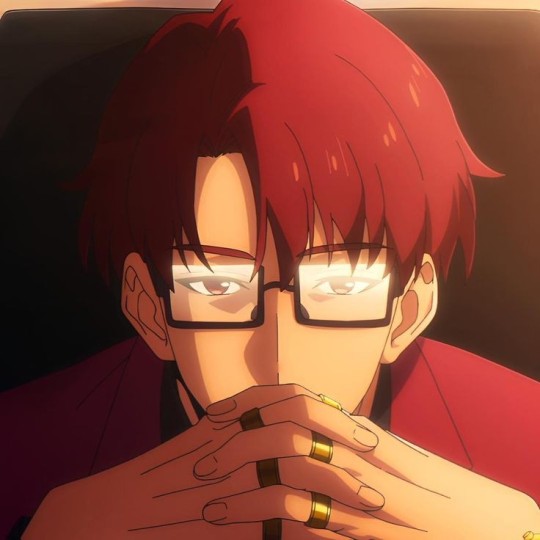
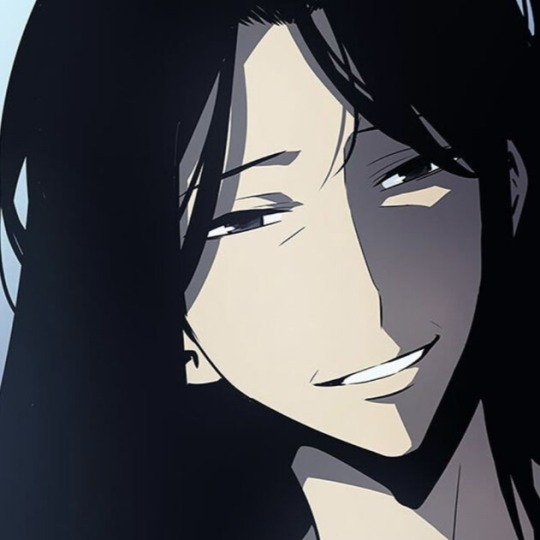
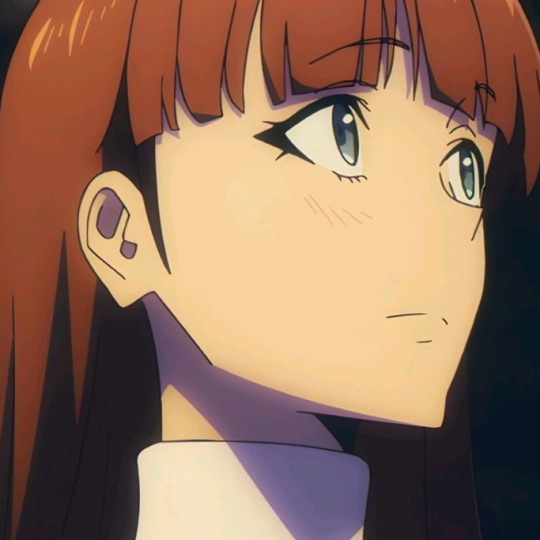

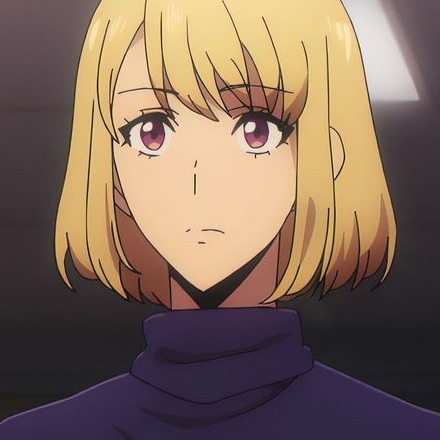

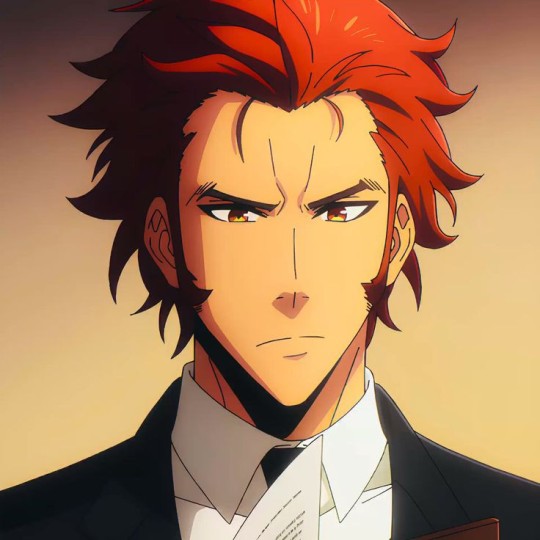




#solo leveling#choi jong in#baek yoon ho#park kyung hye#sung il hwan#lee ju hee#min byung gyu#park hee jin#sl eunseok#cha hae in#sung jin woo#choibaek#sungpark#minlee#heeseok#jinhae
48 notes
·
View notes
Text
Monarch/Ruler Successors AU
This is just my personal headcanons on this AU since I have my own take
Kind of a mashup of others' ideas honestly, plus a couple of my own though I think they came from one person in particular
Very subject to change as I read Ragnarok. And when I'm finally able to play the game
Monarchs:
Choi Jong-In as The Monarch of Destruction, the King of Dragons
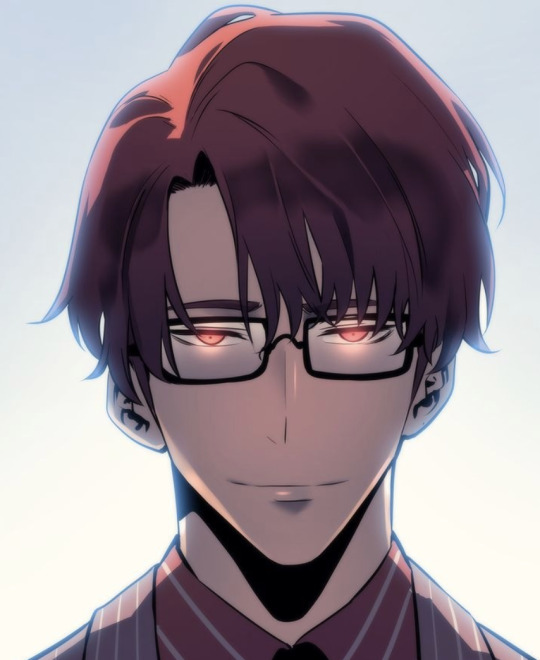
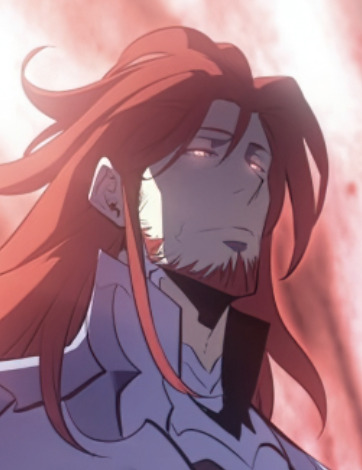
Baek Yoon-Ho as The Monarch of Fangs, the King of Beasts


Hwang Dong-Soo as The Monarch of the Iron Body, the King of Monstrous Humanoids

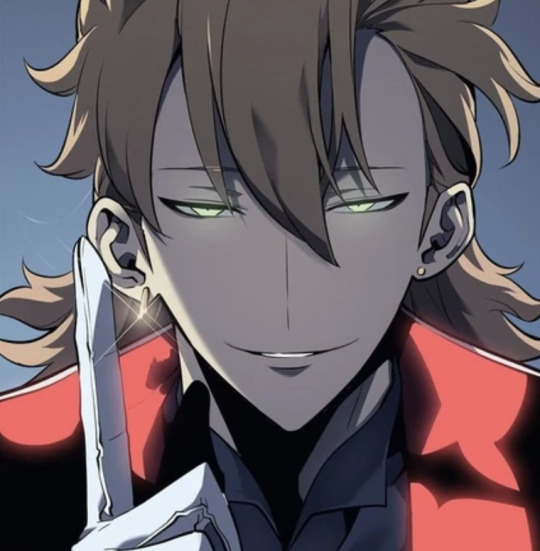
Kang Tae-Shik as The Monarch of Transfiguration, the King of Demonic Spectres
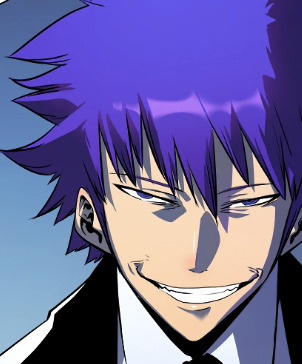
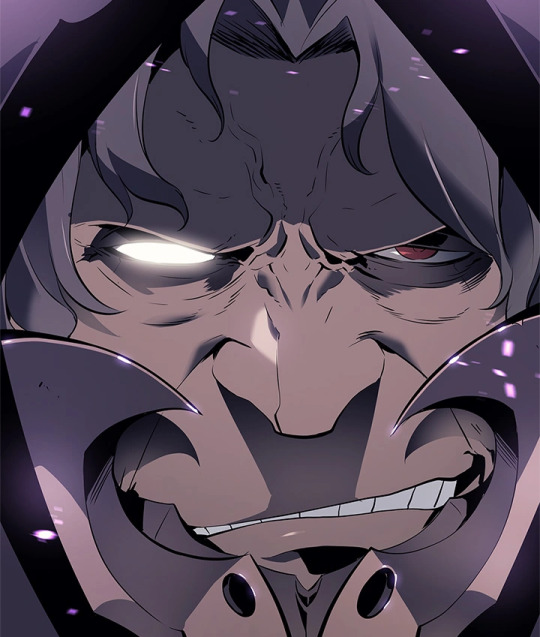
Eun-Seok as The Monarch of Frost, the King of the Snow Folk
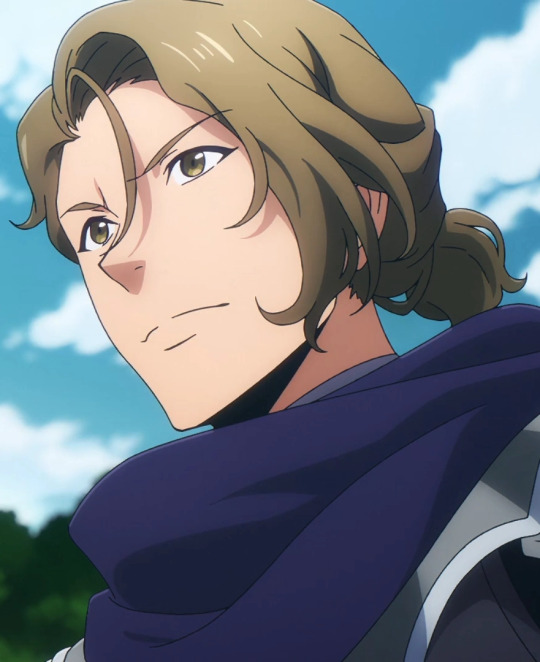
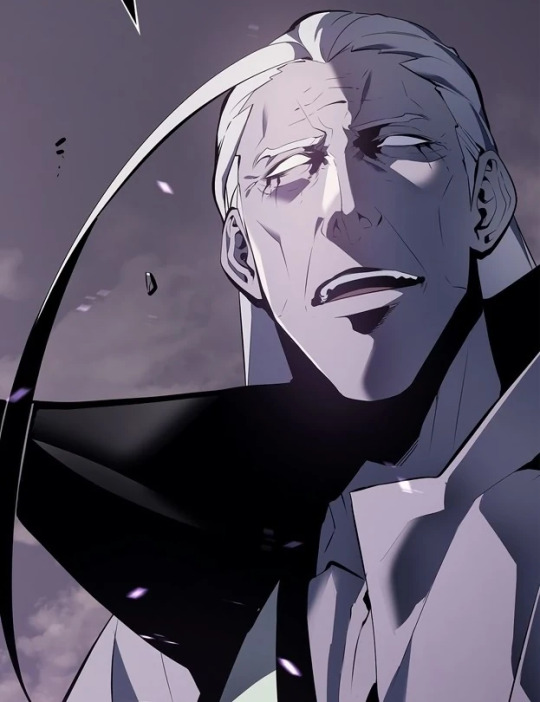
Lim Tae-Gyu as The Monarch of the Beginning, the King of Giants

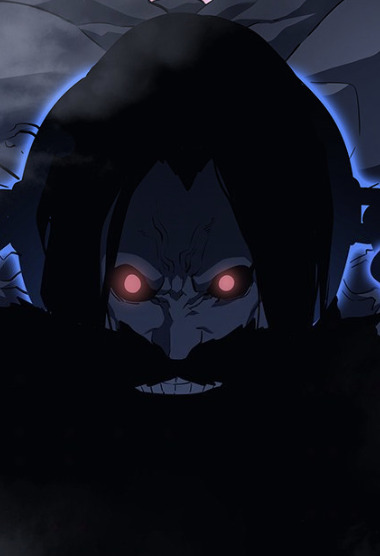
Goto Ryuji as The Monarch of White Flames, the King of Demons
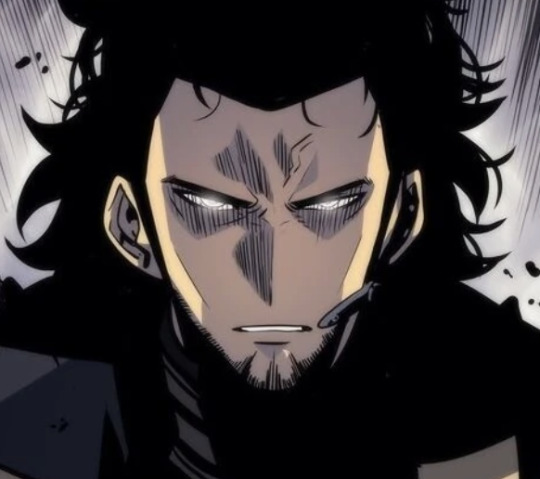
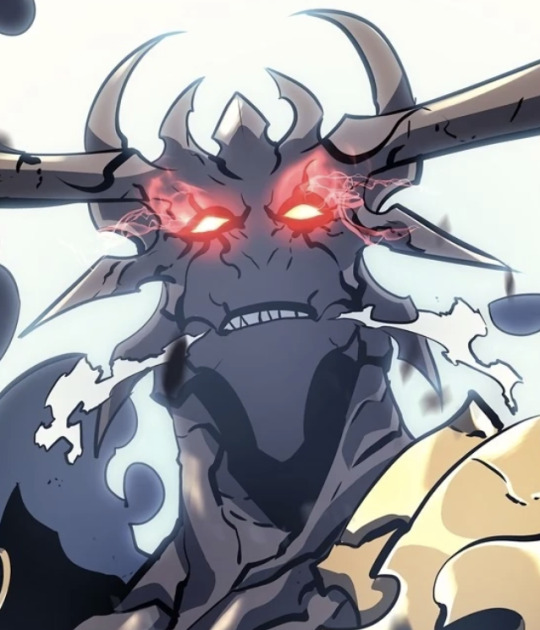
Park Hee-Jin as The Monarch of Plagues, the Queen of Insects

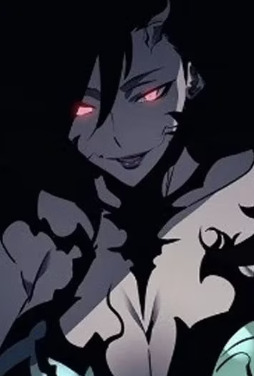
Ruler Vessels:
Cha Hae-In
Min Byung-Gyu
Thomas Andre
Liu Zhigang
Christopher Reed > Lennart Niermann
Sung Il-Hwan
Go Gunhee > Woo Jin-Chul
Siddharth Bachchan (Don't have a pic for him, but that's not my fault)

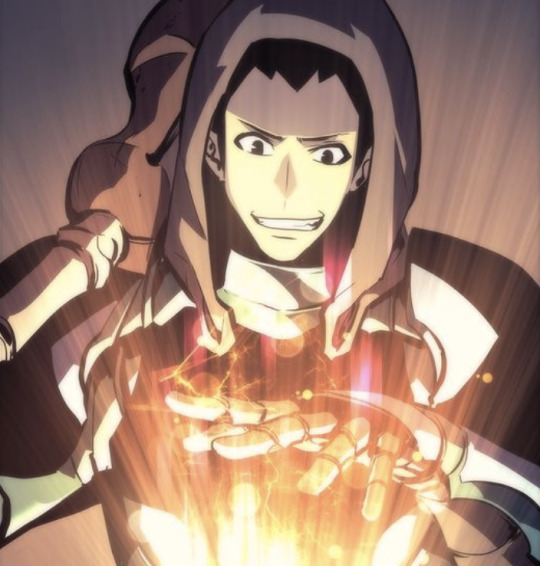


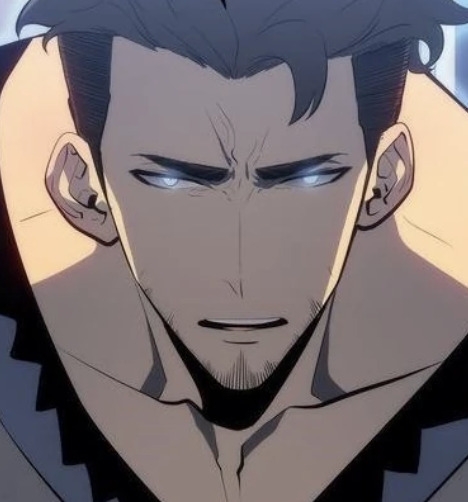
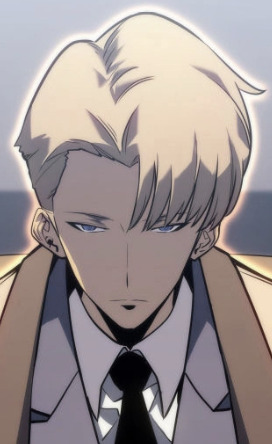


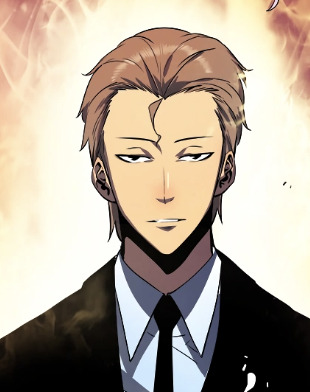
Open to questions. Because I don't know what else to say
#solo leveling#choi jong in#baek yoon ho#hwang dongsoo#kang tae shik#sl eunseok#lim tae gyu#goto ryuji#park heejin#cha hae in#min byung gyu#thomas andre#liu zhigang#siddharth bachchan#lennart niermann#sung il hwan#woo jin chul#solo leveling aus
53 notes
·
View notes
Text
PROJECT WOLF HUNTING (2022) ★★★★☆
Les forces de police coréennes rapatrient, un groupe de dangereux criminels sur un cargo spécialement affrété et conditionné. Malgré la sécurité accrue, ceux-ci parviennent à s’échapper et massacrent les forces de l’ordre ainsi que les membres de l’équipage. Toutefois, un mal bien plus profond se libère également de la soute du bateau…
“Project Wolf Hunting” est un thriller d’action…

View On WordPress
#Choi Gwi-hwa#Hong Ji-yoon#Jang Dong-yoon#Jang Young-nam#Jung Moon-sung#Jung So-min#Jung Sung-il#Kim Hong-seon#Kim Kang-hoon#Ko Chang-seok#Kwon Soo-hyun#Lee Sung-wook#Lim Ju-hwan#Park Ho-san#Seo In-guk#Son Jong-hak#Sung Dong-il
9 notes
·
View notes
Text
A1 pictures directly adhered to our thirsts (tall Haein, choibaek crumbs, Jinwoo babyfied, jinchul's eyes eyelashes everything about him, eunseok, trio of S ranks making their moment, eunseok, juhee absolutely being her best girl self, jinho jinah and songi appearances, did i say eunseok?)
#solo leveling#sung jin woo#cha hae in#woo jin chul#eunseok#sung jin ah#IL HWAN GOT ONE MENTION WE TAKE IT AS A WIN#choibaek crumbrs#min byung gyu#solo leveling spoilers#lee ju hee#baek yoon ho#choi jong in
20 notes
·
View notes
Text
South Korean Government Cliques and the Unification Church Through the 70s and 80s
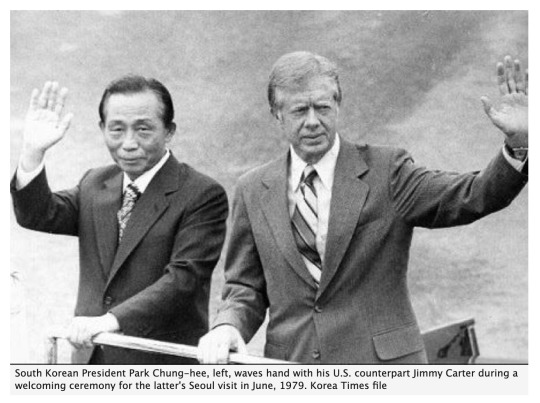
Moon’s organization has always had a complicated relationship with the South Korean government, despite the consistent mutual support throughout the decades. Their relationship was shaped by the political and social environment in South Korea, especially in the aftermath of the 1961 military coup led by General Park Chung Hee. The newly established Korean government was fragmented and divided, with various cliques vying for power and influence. The government was concerned about maintaining stability in the aftermath of the 1961 military coup and was wary of any potential threats to its power, including foreign influence. Moon’s relationship with the government largely reflected the politicking between these cliques, in their government, in the KCIA, and the military.
On the Economic Clique under Park Chung Hee
The economic clique was one of the several power groups that shaped South Korean politics during the presidency of Park Chung-hee (1961-1979). This group consisted of influential business leaders and entrepreneurs who were closely connected to the government and had a significant impact on the country's economic policies. They played a major role in the country's rapid economic development from a poor, agrarian nation, with a large peasant base, to a modern, industrial economy integrated into the capitalist-imperialist system.
Park had a close relationship with a number of figures in the economic clique, and within this clique there were sub-groups or factions of business leaders and entrepreneurs who had shared interests, goals, and close relationships with one another. These sub-groups were often based on common business interests or geographic proximity, and they often worked together to advance their shared interests and goals.
As for Korea Life Insurance's Soon-Mo Choi, he was a prominent member of the economic clique and was closely connected to the government. He was a successful businessman who built Korea Life Insurance into one of the largest insurance companies in South Korea, and he was known for his close ties to President Park and his administration. Choi’s wife, daughters, and other members of his family, joined the Unification Church. This includes Annie Choi, mother of Sam Pak, an “illegitimate” son of Sun Myung Moon who was raised by Bo Hi Pak.
Soon-Mo Choi was a member of the "chaebol" (large conglomerate) group within the economic clique, which consisted of the country's largest and most powerful business conglomerates. He used his influence to shape economic policies in ways that favored his business interests, and he often benefited from government contracts, subsidies, and other forms of support. He was also involved in shaping the country's financial sector and played a major role in the development of the Korean capital market.
In the early years of Park's presidency, the economic clique played a major role in the implementation of the government's economic policies, which were designed to promote rapid industrialization and economic growth. The government pursued a strategy of import substitution industrialization, which involved encouraging the development of domestic industries by protecting them from foreign competition. This was accomplished through a combination of high tariffs, government subsidies, and other forms of support.
The economic clique also benefited from the government's heavy investment in infrastructure, which was aimed at creating a favorable environment for business and investment. The government invested heavily in the construction of roads, ports, and other transportation infrastructure, as well as in the development of electricity and water systems. This infrastructure helped to create a favorable business environment, and it allowed the country's industries to grow and expand.
As the country's economy grew, so did the influence of the economic clique, becoming major players in the country's finance and banking sectors. Many of the policies this clique pushed on the Park administration were not in the best interest of the country as a whole, but instead served various segments of the tight-knit bourgeois compradors of Korea. Their struggles for influence and control had significant consequences for the country's stability and democracy.
Under Park Chung Hee, the military cliques and economic cliques were especially close, working in coordination.
On the Military Clique under Park Chung Hee
The military clique was made up of high-ranking military officers who were involved in power struggles and political maneuvering. It has been said that tensions between these cliques developed over Park’s administration, and became especially apparent after Park’s death and during Chun Doo-hwan’s seizure of power.
During the Park Chung Hee era in South Korea (1961-1979), the military was a powerful and influential institution, with the very close support of the United States and their military apparatuses. There were several cliques or factions within the military that held different political views and interests. These cliques often had different ideas about the direction of the country and the role of the military in politics and governance, and their political differences and rivalries lead to tensions and conflicts within the military and government.
There were several major subgroups within the Military Clique that had conflicting interests and ideas.
The "General's League" or "Generals Club" was made up of high-ranking military officials who were supportive of Park Chung Hee and his authoritarian regime. This group emerged in the mid to late 60s, with the goal of promoting the military’s influence over the country as well with the explicit aim of counterbalancing the power of the Korean Central Intelligence Agency (KCIA), seeing the KCIA as potentially subordinating their influence and power. These military leaders believed that the military was the only institution that could provide stability and security for the country, and they were fiercely loyal to Park Chung-hee. They were also wary of the United States’ influence on the KCIA. Park Chung Hee’s older brother Chung-bae was a prominent leader of this faction. The General's League began to lose some of its influence and power in the late 1970s, following the assassination of Park Chung Hee in 1979. The group was also implicated in a number of corruption scandals and other controversies, which damaged its reputation and weakened its hold on power, gradually fading away as a cohesive and influential entity in the 1980s. Even in the General's League, there was tension between its younger and older members. Chun Doo-hwan was one of the more prominent members of the younger faction and was known for his ambitious personality and aggressive approach to politics. He was also a key figure in the coup d'état that took place after Park's assassination, which brought him to power. Chun was often at odds with the older members of the General's League, who viewed him as a brash upstart. There were also ideological differences between the two factions, with the older members of the league emphasizing the importance of maintaining stability and order, while the younger members were more focused on implementing reforms and modernizing the country. Many of Chun's allies from the General's League's younger faction came to power during his administration.
The "Young Turks" arose in the late 1960s as a response to widespread public dissatisfaction with the corruption and authoritarianism of Park's regime. Park had been a close ally to some of their leaders prior to the consolidation of this faction, as they spearheaded economic reforms that aligned with Park’s own political vision. They were made up of younger, more progressive military officials who were critical of the existing political system. They were often at odds with the older, more conservative members of the military and the government, including the General’s Club and the Mountain Faction, who were quick to name many of these figures to be communists or somehow aligned with North korea. The Young Turks sought to increase civilian control over the military, and they sought a professional, merit-based military that would be free from political interference. They broadly advocated for greater political participation and transparency and for the implementation of social and economic reforms to address the country's growing inequality and poverty. Many of its members had studied abroad and were exposed to new ideas regarding democracy and human rights. Its most progressive proponents were influenced by the growing student and labor movements in South Korea. Park ended up cracking down on these members, arresting several leading figures.
The "Mountain Faction" and the Hanahoe faction were composed of military officials, graduates of Korea Military Academy. They were often more conservative and nationalistic than the other military cliques, and they both believed in a strong military presence in the country. Many of its members were veterans of the Korean War, and they saw themselves as defenders of the country's sovereignty and security. They were closely aligned with the National Defense Corps, anti-communist paramilitary groups. (The NDC organization was initially made up of volunteers, but later expanded to include conscripts who were drafted into service. These NDC members received basic military training and were provided with weapons and other equipment. They were frequently used to quell protests and demonstrations, and were involved in a numerous clashes with students and activists.) Mountain Faction played a key role in Park's government with many of its members serving in high-ranking positions in the military and the government. They were known for their strong opposition to leftist and socialist movements, as well as their support for traditional Korean values and culture. Though the Mountain Faction and the General's League had many of the same interests, there were different leading figures, leading to some minor disagreements about policies and military actions. Though adamant supporters of Park, some of their members played key roles in his assassination.
On the Intelligence Clique under Park Chung Hee
The intelligence faction had a lot of overlap with the military faction, with Kim Jong-pil as a main player throughout the decades. As previously mentioned, there were constant tensions with the military clique because of the KCIA’s growing influence over politics, society, and the military. Kim Jong-pil was a prominent member of this clique through the decades.
It was Kim Jong-pil who, in 1962, under the newly reigning Park Chung Hee, recruited young and ambitious professors, journalists, and bureaucrats for indoctrination by the CIA. This training center "secretly instructed organizers for the capital area in April and May and those for various provincial and local levels in June and July," and that by October 1962, an "underground organization" had been launched to recruit members "on a large scale through methodical screening by the central secretariat in Seoul and numerous provincial and local secretariats." This was the nucleus of the pro-military, pro-US Democratic Republican Party. In 1962, according to a CIA report, Kim was also responsible for the alleged reorganization of the Unification Church, which was done to make the UC a more effective tool of South Korea propaganda and political efforts.
Many members of the military clique saw how the KCIA was beginning to control politics in the early 60s, including in the formation of the Democratic Republican party, contributing to their growing wariness of the KCIA. Though Kim had a strong relationship with a number of members of the military, he was seen by many as directly being involved in the KCIA’s constant intervention in politics.
Like the other cliques, the intelligence clique had its own cliques, or sub-groups.
The Kim Jong-pil clique was led by Kim Jong-pil, who was a key figure in the formation of the KCIA and served as its director from 1961 to 1973. Kim and his followers were known for their anti-communist, hawkish views and their close relationship with President Park Chung-hee. Though Kim did not have a military background, this intelligence clique had the most connections with the military, and some have claimed this was also a military clique due to the involvement of a number of military figures.
The Lee Hu-rak clique was led by Lee Hu-rak, who was a senior official within the KCIA and had a strong influence over the agency's operations. Lee was known for his intelligence gathering abilities and his ability to manage complex operations. He was seen as a pragmatic and moderate figure within the KCIA, and was known for his willingness to work with other factions and groups within the government. Lee and his followers were known for their more moderate views and their support for political and economic reform. The Lee Hu-rak faction was made up of senior officials within the KCIA as well as politicians and businessmen who supported Lee's vision of reform. Unlike some of the other factions in South Korea at the time, the Lee Hu-rak faction did not have a strong ideological agenda. Rather, they were focused on modernizing the country's political and economic systems and promoting stability and development. Though there were anti-communist sentiments in this clique, it was not often as prioritized or emphasized in their work compared to the other cliques. This faction was especially concerned with government corruption, seeking to hold politicians accountable and create more oversight of government agencies. They were also known advocates of freedom of speech. This clique may have been more moderate but was still adamantly pro-US.
The Kim Hyong-wook clique was led by Kim Hyong-wook, who was a senior official within the KCIA and had a significant impact on the agency's operations. Kim and his followers were known for their support for his conservative views. They shared many of the same views of the Kim Jong-pil clique, and often cooperated with each other. The Kim Jong-pil clique was largely composed of military officers who had been trained in counterinsurgency and intelligence operations, and were more focused on maintaining internal security and suppressing dissent, particularly from leftist groups. The Kim Hyong-wook clique’s leadership was more varied, with officials that included lawyers, economists, and technocrats. The Kim Hyong-wook clique was seen as more focused on economic development and modernizing the country's infrastructure.
Kim Jong-pil and Park Chung-hee were close political allies during the early years of Park's presidency, and Kim served as the director of the Korean Central Intelligence Agency (KCIA) from 1961 to 1973. However, despite their close relationship, the two eventually had a falling out. Kim was seen as too close to the United States and too deferential to American interests, which clashed with Park's more nationalist and independent-minded approach to foreign relations. There were also reports of personal animosity between the two men, with Kim feeling increasingly marginalized and disrespected by Park's inner circle.
Another factor was Kim's ambition to become the country's next president. Kim saw himself as a potential successor to Park, but Park was not willing to give up power and did not support Kim's presidential aspirations.
The Unification Church’s Relationship to the Cliques and Korean Government
The relationship between the Moon Organization and the South Korean government was dynamic and constantly changing. The organization's close relationship with Kim Jong Pil and the positions held by Bo Hi Pak, Steve Kim, and Bud Han in the Korean government provided continuous access to influential officials. For example, Steve Kim accompanied Kim Jong Pil on a tour of the United States in 1962, where Kim Jong Pil held a secret meeting with Unification Church members in California, promising to give the movement political support in Korea.
From the 70s into the 80s, many Korean military and political leaders, including those in Chun and Park’s inner-circle, were connected to the World Anti-Communist League, which had received a majority of its funding from the Unification Church.
The Korean government granted favors to the Moon Organization, and the organization provided assistance to ROK officials for the furtherance of government policies or state propaganda. This includes supporting Moon’s efforts to develop his weapon manufacturing, which were then used by South Korean soldiers in the Vietnam War. Their mutually supportive relationship can also be seen in the link between the Moon organization and the government through the Korean Cultural And Freedom Foundation (KCFF). The Korean Cultural Freedom Foundation (KCFF) served as an important link between the UC and the South Korean government from the early 1960s into the 70s. The earliest U.S. government reports linking the KCFF with the Moon Organization were in late 1964 and early 1965, when Bo Hi Pak, who was identified as the "real leader" of KCFF, resigned from the South Korean army to work full-time for the foundation. The three Kim Jong Pil aides—Bud Han, Steve Kim, and Mickey Kim—who were active in the early days of the KCFF all went on to assume prominent roles in the government, such as ambassadors and high ranking officials of the KCIA.
Though the Moon organization has always had some sense of a relationship with the ROK Government, there have been tense moments, including some level of state repression.
The 1974 crackdown on the Unification Church, leading to raids and fines on a number of UC companies, is an example of this, and these incidents foreshadowed what would happen in 1979. In 1974, a number of UC leaders were accused of tax evasion, bribery, and fraud, and a number of leaders were sent abroad by the UC to flee legal problems. This period put some financial strain on the UC, as their assets were frozen and their weapon manufacturing, which brought in much of their income, was halted. At this point, though, the UC began to develop greater income from the businesses and fundraising efforts led by Japanese and American members. 1974 was a year that shook Moon, and led him to flee Korea. He felt the lifting of support from the government, and therefore saw himself at greater risk of attack. Some have alleged that this crackdown was pushed by Soon-mo Choi, who swore himself an enemy of Moon. Moon himself was scared of Choi, and was frightened that his connections to powerful people may lead to his own death. He therefore decided to travel to the United States, where he believed he would be able to continue to promote the teachings of the Unification Church and expand its influence, with the protection of the U.S. government, a growing partner of his organization.
The 1974 crackdown was motivated by more than a personal grudge but a mixture of domestic political concerns, as the government saw UC members’ loyalty to Moon as greater than their patriotism as well as growing concern over the UC’s relationship to the FBI and CIA. The UC's souring reputation in the USA, with their connections with the KCIA being uncovered and the media reporting on their brainwashing and kidnapping of youth, also played a major role in the crackdown.
After the assassination of Park Chung Hee in 1979, the Unification Church faced increased scrutiny and repression from the government. The church was accused of being involved in political activities and of having undue influence over the government, and a number of church leaders were arrested. The government also revoked the church's tax-exempt status and banned its members from serving in the military. This was part of a larger wave of repression against political and religious groups, as the government sought to maintain stability in the aftermath of Park's death.
The UC continued to grow in Korea at this time, with much of its membership coming from student and anti-communist organizations, as well as other social and cultural projects. These initiatives helped to further raise the profile of the Unification Church and reinforce its reputation as a positive force in society. The Unification Church's relationship with the government remained strained throughout the late 1970s and into the 1980s, facing significant restrictions on its activities.
Chun Doo-hwan, like many of the Republic of Korea’s leading figures, had a tense and complicated relationship with the Unification Church. He welcomed their support through the 80s, and their efforts to frame him as a democratic leader. With the ousting of Marcos in the Philippines, the UC began to push the idea that Chun was nothing like Marcos through their media outlets, despite having positive relations with Marcos in the past. Chun was allegedly encouraged by his connections in the Unification Church to develop a strong relationship with Marcos’ successor, Corazon Aquino, to substantiate this idea.
Church members organized demonstrations in support of Chun throughout the US during his visit, often getting into brawls with leftist and anti-imperialist demonstrators. Chun had mixed feelings on this support, afraid of the bad publicity the Moonies may draw.
Chun lost in the 1987 presidential election, and had a public trial beginning in March 1996. By December 16, he was sentenced to life in prison for
Treason
Leading an insurrection
Conspiracy to commit insurrection
Taking part in an insurrection
Illegal troop movement orders
Dereliction of duty during martial law
Murder of superior officers
Attempted murder of superior officers
Murder of subordinate troops
Leading a rebellion
Conspiracy to commit rebellion
Taking part in a rebellion
Murder for the purpose of rebellion
Bribery
and a fine in the amount of ₩220 billion. His sentence was commuted by President Kim young-sam, who initially led the legal struggle against him.
The Unification Church distanced themselves from Chun after his presidential loss.
Following Chun’s administration and the fall of the Soviet Union, the Unification Church continued to involve itself in Korean politics, but focused more of its energy on its real estate and businesses.
Tongil Heavy Industries, their weapons manufacturer, has transformed into S&T Motiv, the top supplier of weapons to the South Korean military and, since Duterte’s presidency, the units of the Philippine military and police that are hunting and murdering alleged communists.
More reading:
Articles and essays online
The Political Role of the Korean Military: The Making of the Third Republic by John Kie-Chiang Oh
The Military in the Politics of South Korea, 1961-1966: The Role of Political Institution-Building by Soo Young Auh
Panel Told Seoul Used Followers Of Sun Myung Moon for Protests (New York Times, 1978)
August 11, 1974: Moon on Nixon, the CIA, and anti-communism - here on WIOTM
The Military Revolution and the Third and Fourth Republics
Books
The Park Chung Hee Era: The Transformation of South Korea edited by Byung-Kook Kim and Ezra F. Vogel
The Republic Of Korea: Economic Transformation And Social Change by David Steinberg
The Two Koreas: A Contemporary History by Don Oberdorfer and Robert Carlin
South Korea in the Fast Lane: Economic Development and Capital Formation by Young-Iob Chung
Park Chung Hee and Modern Korea: The Roots of Militarism, 1866–1945 by Carter J. Eckert
#south korea#republic of korea#government#moonies#unification church#counterinsurgency#politics#korean politics#unification church in south korea#unification church in korea#church history#unification church history#chun doo-hwan#kim jong-pil#lee hu-rak#choi soon-mo#kcff
0 notes
Photo
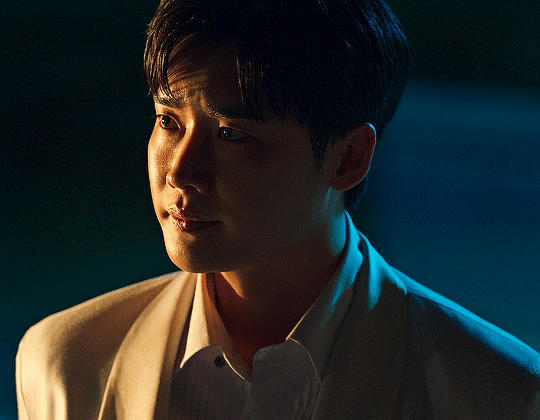

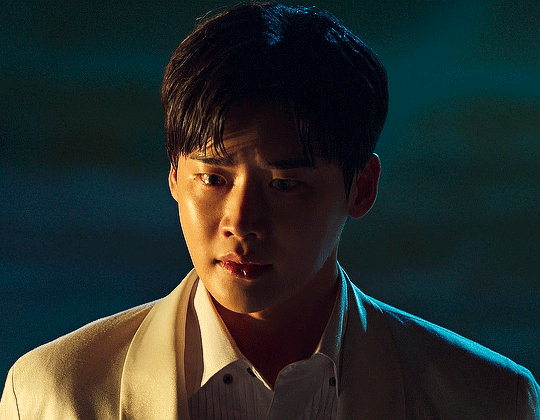
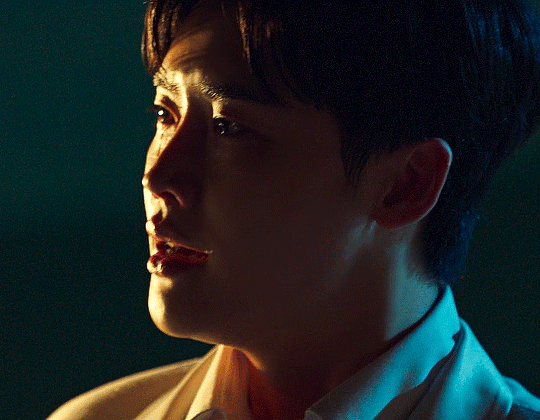
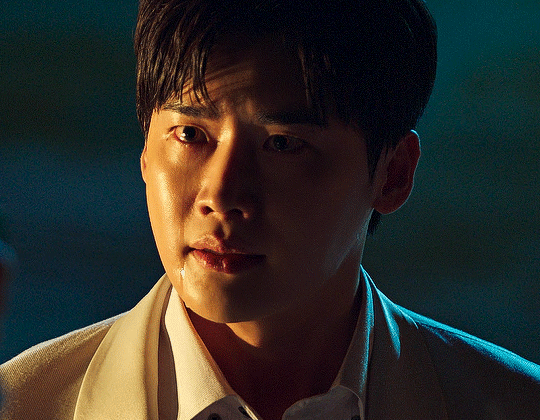
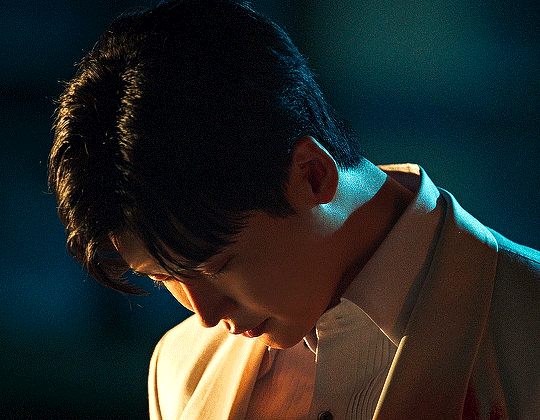


LEE JONG SUK as Park Chang Ho “Big Mouse”
BIG MOUTH (2022) dir. Oh Choong Hwan & Bae Hyun Jin
— It was a ploy. All that’s left, is getting Choi Doha up on stage.
#big mouth#lee jong suk#kdramaedit#kdramanetwork#kdramadaily#asiandramanet#ccnet#asiancentral#udeokmis#tuseralexa#userhannah#useryd#mostlyfate#userstorge#syaring#tosnimeat#rosiegifs#m:bm#kdrama#cinematv#cinemapix#asiandramasource#dailyasiandramas
248 notes
·
View notes